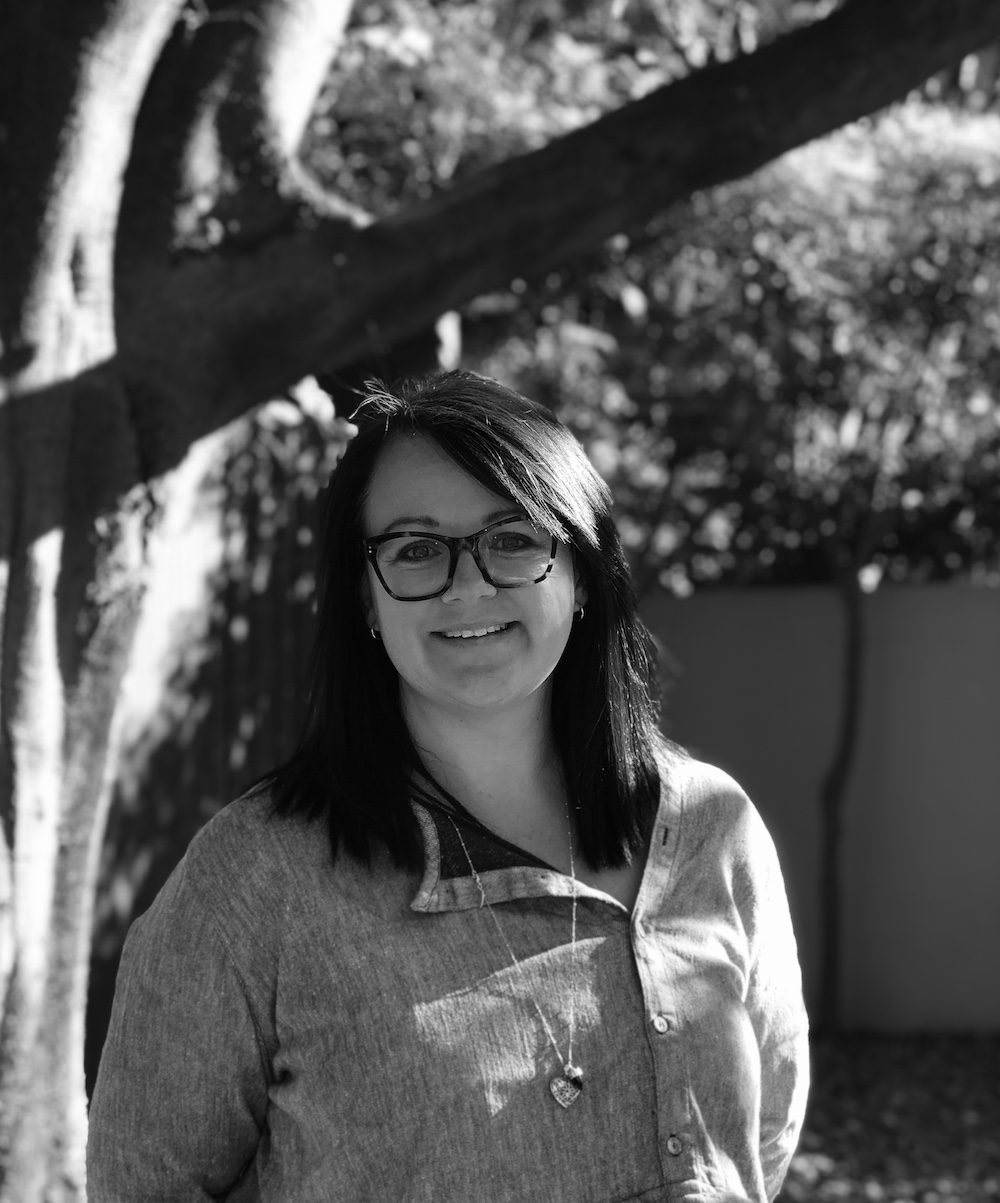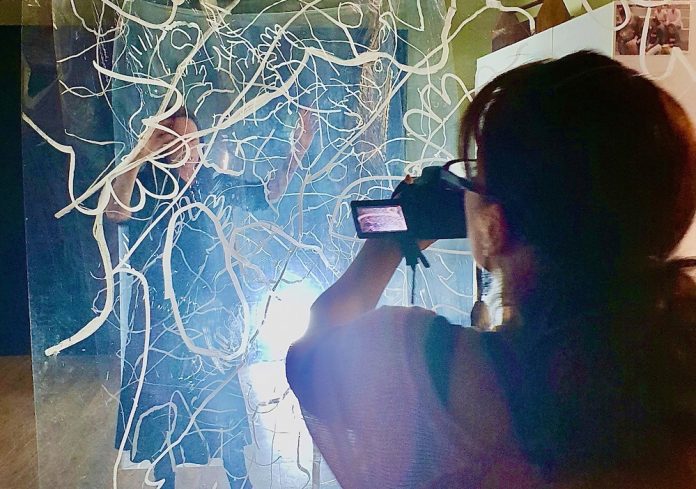It is difficult at any time for our small not-for-profit local organisations working to support vulnerable people to find sufficient funding. So, imagine the stress for Jodie Wainwright, CEO of the remarkable Milk Crate Theatre for less than a year, when she and her staff had to meet the challenges of Covid-19.
Milk Crate is well known for its performance work with people who have experienced homelessness through its annual production (who could forget 2019’s multi-media welfare-recipients-eye-view of Centrelink’s protocols) and it runs drama workshops throughout the year at the Ozanam Learning Centre, Woolloomooloo, the Exodus Foundation in Ashfield, and a youth program at Evolve Housing for Youth, Parramatta.
As the participants are not only people who experience unstable housing situations but also addiction, disability and other mental health problems, Milk Crate makes a major contribution to the reduction in pressure on already overburdened mental health services. As Wainwright says, “It is not just about being part of a theatre project. [Participants] join a group, make lots of social connections, build their confidence. Many have experienced an aura of invisibility for years and they gain a voice through feeling they have contributed to something. The skills they learn and confidence they gain [in workshops] transfer directly to real life.”

Regretfully, Wainwright says, Milk Crate made the decision to proactively suspend all its programs from March 18, 2020, onward until further notice. Aware that its community was particularly vulnerable, not just to the health challenges of Covid-19 but also to stress from increasing social isolation, Wainwright’s small team – now working reduced hours and from home – initiated a basic program. Operating mainly through email they invited their participants to engage in simple writing tasks in response to a prompt. It was, Wainwright says, “something to get on with in life and not just be sitting there stressing … trapped in [their] own space.”
Jobkeeper enabled Milk Crate to maintain a core staff, and without this support, says Wainwright, “we might have been forced into hibernation. It was scary.” In addition, several grants, for instance, a Westpac Foundation Community Grant of $10,000, enabled Milk Crate to make a transition to digital technologies and a fully developed online program, Stay Creative, Stay Connected came into being.
A range of videos aimed at maintaining a sense of community, fostering good health and prompting creative engagement were uploaded weekly. A 10-week series entitled “Devising Theatre”, which included opportunities for discussion through Zoom, kept participants in touch with the skills needed to eventually and hopefully) move into a new production – Tiny Universe.
While an effective means of lessening the impact of isolation, Wainwright felt its success was limited. Many of the Milk Crate community didn’t have up-to-date devices or internet plans and, to some, communicating through the internet was a complete mystery. However, the time has arrived when working together again in small groups is not far away. Wainwright looks forward to it as she feels “it’s hard to get a creative flow in a digital environment”.
However, one of the benefits of digitalising its programs has been the realisation that Milk Crate need no longer be bound by geographic boundaries. It can, for instance, implement workshops in regional NSW and there is the possibility of sharing its work with much wider audiences.
However, Wainwright foresees that a return to “normality” – and she doesn’t think things will ever be quite the same again – will be a challenge financially even to an enterprise that is skilled in managing things on “the smell of an oily rag”.
Milk Crate, along with Dress for Success, the Social Outfit, and the Women’s and Girls’ Emergency Centre, who also received Westpac Foundation Grants, will be competing for the donation dollar in a very competitive environment.





